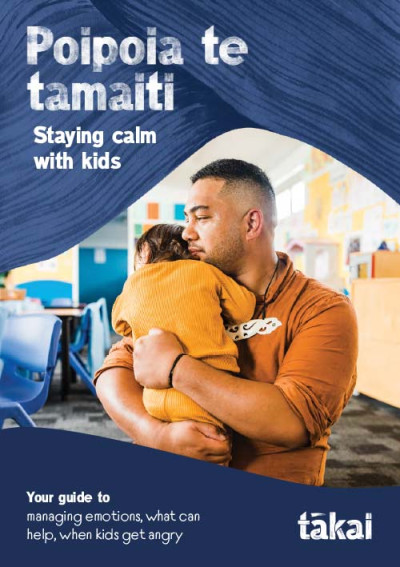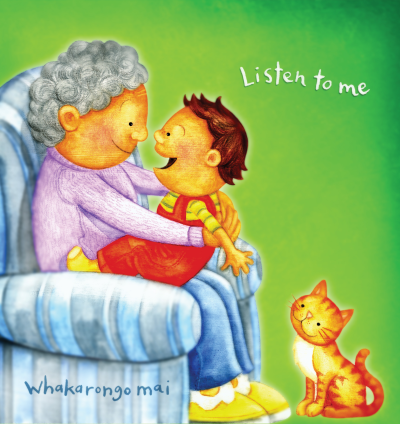
The impact of stress
Parenting can be a stressful job, especially when children are more mobile and developing a sense of independence.
Our brain’s job is to keep us in balance – not just physically, but emotionally. It helps us ‘self-regulate’, which is our ability to tolerate or control our stress levels.
Full-time parenting can be a stressful job, especially during this period, when children are more mobile and developing a sense of independence.
Ask whānau:
- Is there anything related to your child’s growth and development that’s particularly stressful for you now?
- What is it about that that annoys you?
Children feel stress too
Parents aren’t alone in feeling stress, their toddlers too have times when they feel anxious and upset. When parents respond quickly to their child’s distress and help them to calm down, their child learns to cope with their stress.
With a soothing voice, a cuddle or a waiata, parents are helping their child begin the process of developing self-regulation.
- What sort of things have you noticed upset your child?
- What do you do to comfort them when they’re distressed?
- Do you have different strategies depending on what has caused the upset?
Toddlers’ behaviours show their feelings
Children at this age can’t tell you in words how they’re feeling or what might be upsetting them. That’s why parents need to learn to read their child’s behaviour and work out what the tantrum or the screaming, grizzling or hitting is telling them about how their child feels.
It can ease parents’ stress when they understand what behaviours are normal for this age. Then they’re less likely to feel that their child is just trying to annoy them.
- How do you figure out what might be causing your child’s unwanted behaviour?
- What could you do to remove or reduce the cause?
- Which of your child’s behaviours upsets you the most? Why do you think that is?
Help parents to reflect on their own and their child’s behaviours, and think about what they might do differently.
- Shall we make some notes about it?
- What’s the behaviour?
- Why does it bug you?
- What might be causing or influencing it?
- Do you have any ideas on how to prevent it?
- How do you respond to the behaviour?
- Are there any changes you’d like to make in the way you think and act in response to the behaviour?
Helpful resources for whānau
-

My Health Book, pages 176 to 182
My Health Book has great information on looking after yourself (page 176) and the important role of partners (page 182).














